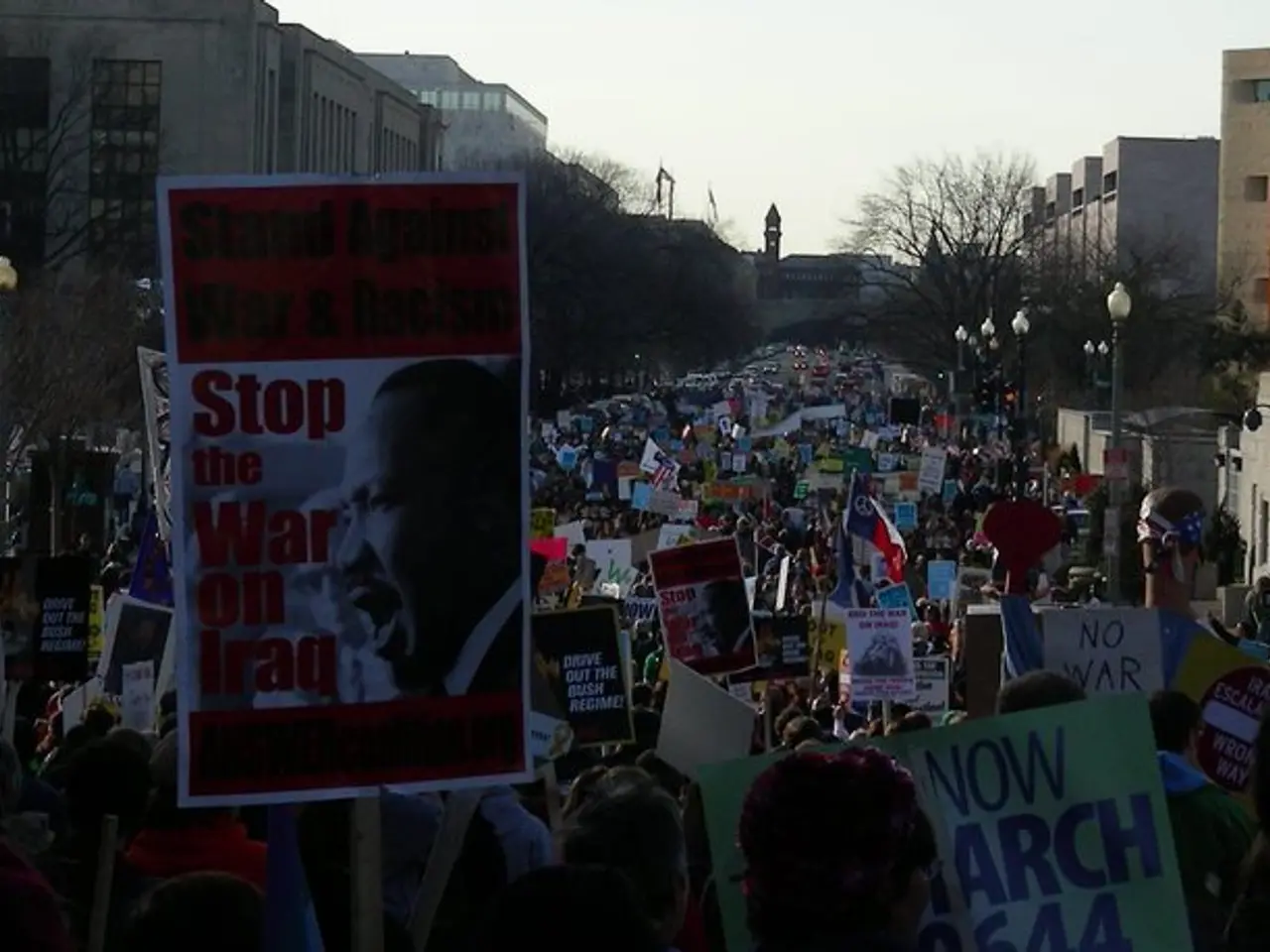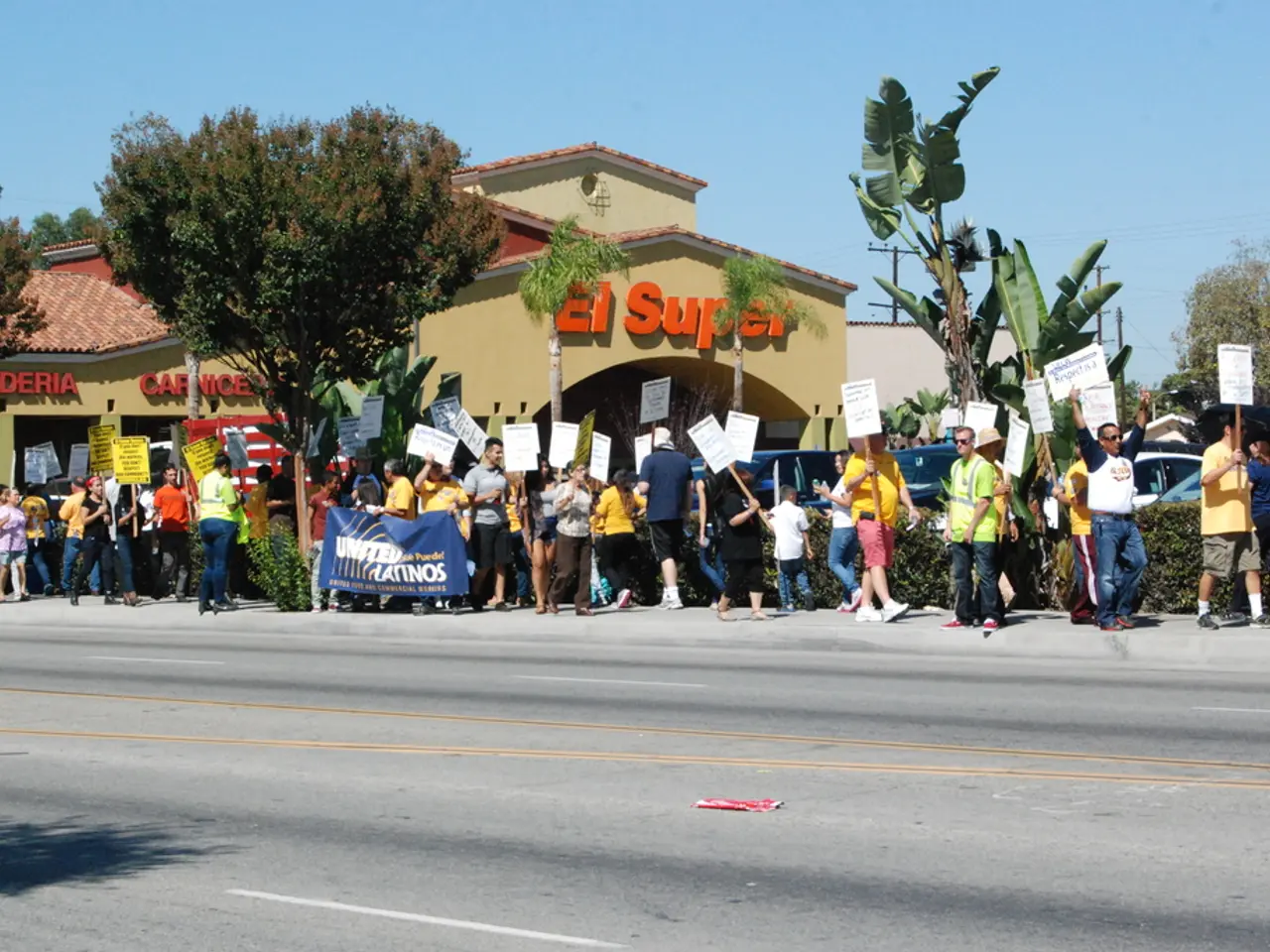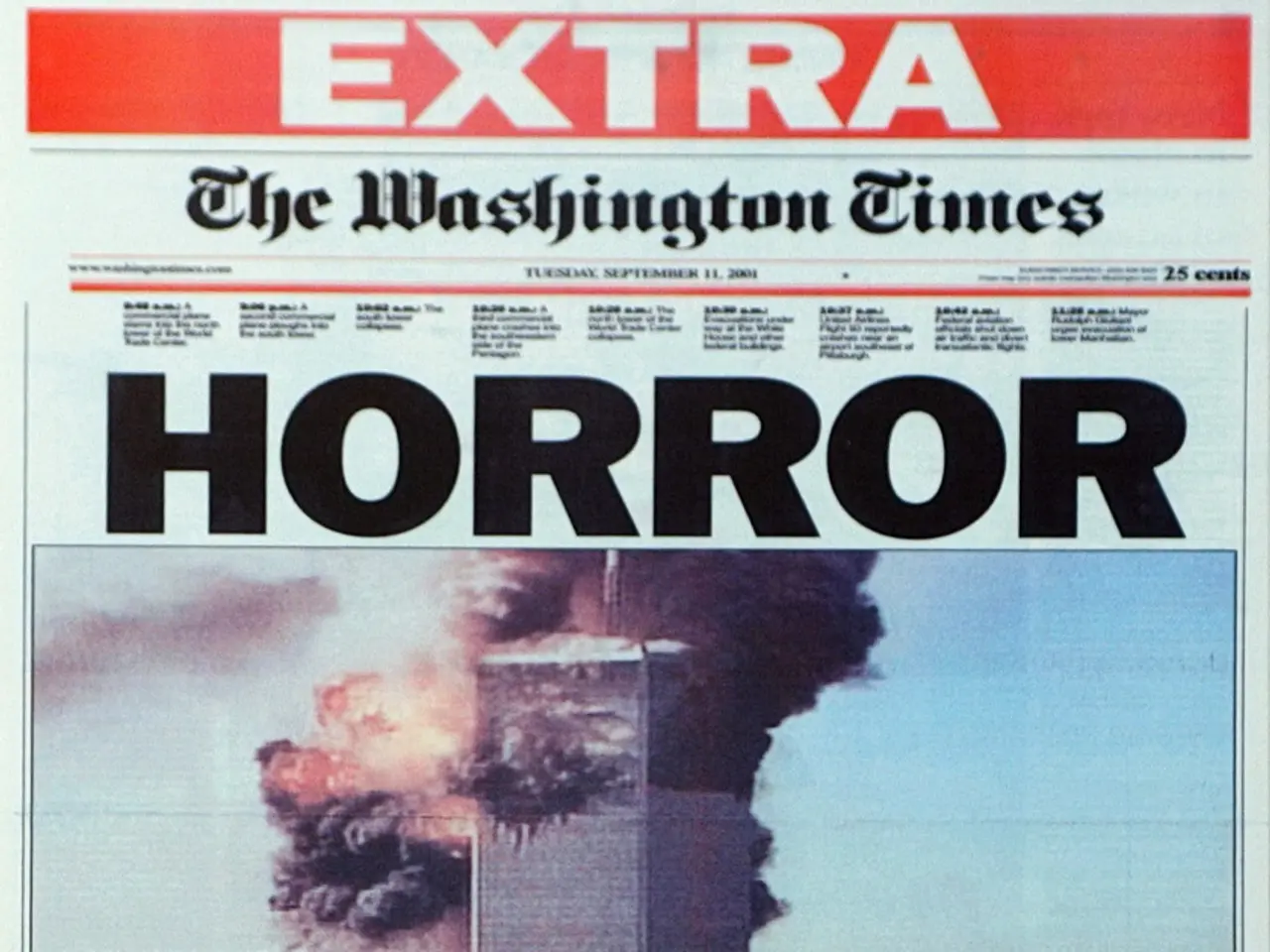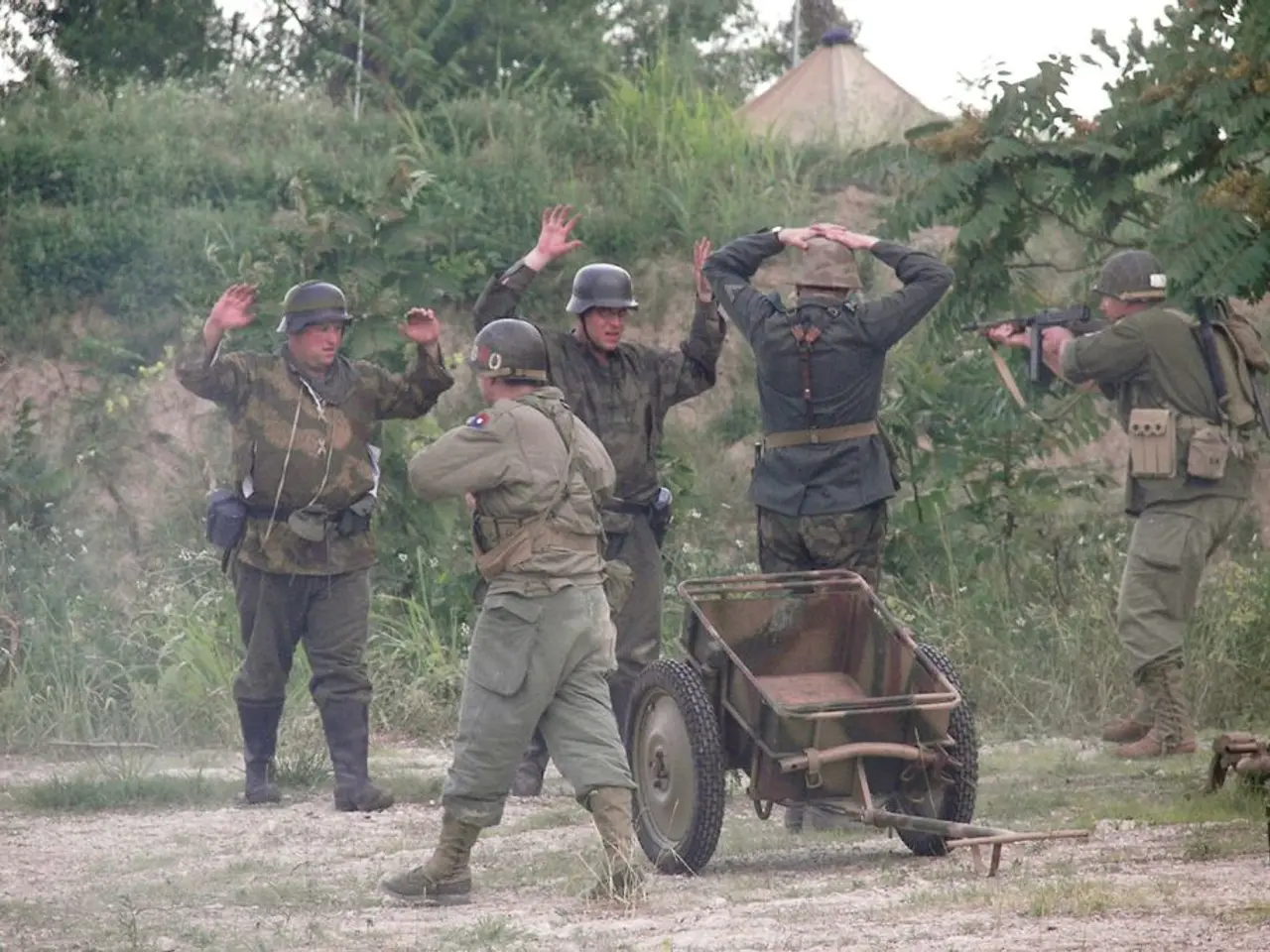Hezbollah Parliamentarian advises against self-destructive actions
Hezbollah's Disarmament: A Contentious Issue in Lebanon
Hezbollah, a prominent political and military group in Lebanon, has expressed firm opposition to the government's plans for its disarmament. The group views its weapons as a national duty to resist Israeli occupation and protect Lebanese sovereignty, given ongoing Israeli violations on Lebanese land.
The Lebanese government, under pressure from the U.S., has recently accepted a plan to fully disarm Hezbollah by the end of the year. This plan, known as the "Barak Framework," aims to disarm Hezbollah in phased stages, starting with light and medium weapons within 60 days and culminating with heavy weapons including missiles within 120 days.
The implications of Hezbollah’s disarmament on the Middle East conflict would be profound. Removing Hezbollah’s military capability could significantly alter the internal political and security dynamics in Lebanon, potentially reducing the group’s coercive leverage in national politics. However, it could also provoke internal resistance within Hezbollah’s military wing, risking splits or radicalization of dissident factions.
The disarmament plan includes Israeli withdrawal from positions in southern Lebanon and cessation of Israeli attacks, indicating potential de-escalation on that front if the plan succeeds. However, this is contingent on Hezbollah’s cooperation, which currently seems unlikely.
Hezbollah is backed by Iran and plays a key role in the broader Iran-Israel and Middle East conflicts. Iran, represented recently by its Supreme National Security Council Chief Ali Larjani, has condemned foreign interference and supported Lebanon’s own decision-making, implicitly supporting Hezbollah’s position.
Some analysts suggest a gradual, negotiated disarmament combined with political guarantees and reintegration of fighters into Lebanon’s armed forces could be a peaceful pathway. However, it requires strong international mediation and security assurances—none of which Hezbollah currently accepts.
The state army is now responsible for implementing the disarmament of Hezbollah, a politically risky and difficult project. The incident in Sidon, where six soldiers were killed and two others injured while attempting to defuse an explosive device, underscores the challenges ahead. The explosive device was reportedly unexploded ordnance from Israeli air strikes in the south.
Protests and arrests are taking place in Beirut in response to the government's plan to disarm Hezbollah. Mahmud Kmati, deputy head of Hezbollah's political council, stated that the government's decision to disarm Hezbollah is a result of US pressure. Mohammed Raad, head of Hezbollah's parliamentary bloc, stated that giving up their weapons is equivalent to suicide. The resolution to disarm Hezbollah, according to Kmati, is not enforceable and will "remain in the air".
The country of Lebanon is contaminated with explosives due to the civil war (1975-1990) and several wars with Israel. The state news agency NNA reported the incident in Sidon.
In summary, Hezbollah’s outright rejection of disarmament highlights a major obstacle to implementing the Lebanese government’s plan. If disarmament occurs forcibly or without consensus, it risks instability. If it succeeds peacefully, it could reduce armed conflict risks in Lebanon and potentially alter the regional balance, but that remains uncertain given Hezbollah’s entrenched military and political role.
The Commission, given the current political and general-news context in Lebanon, has been asked to submit a proposal for a directive on the protection of workers from the risks related to exposure to ionising radiation during the process of Hezbollah's disarmament, considering the presence of explosives contaminating the country.
The ongoing political tension and general-news debates around Hezbollah's disarmament, fueled by Hezbollah's firm opposition and political maneuvering, have launched a contentious discussion in Lebanese politics regarding the group's military capabilities and its role in the Middle East conflict.







